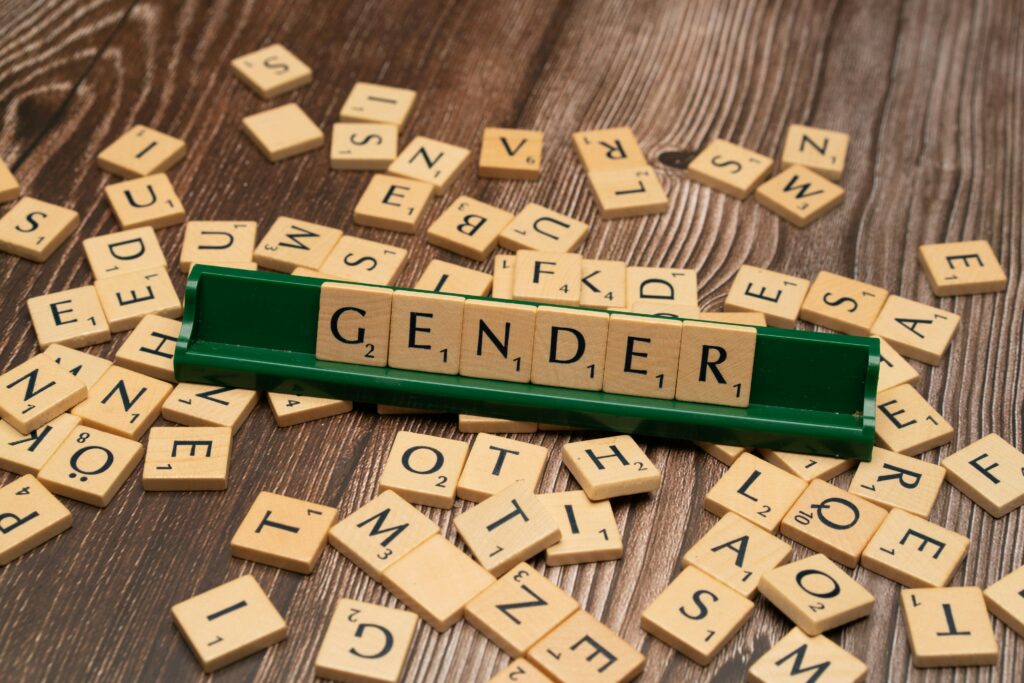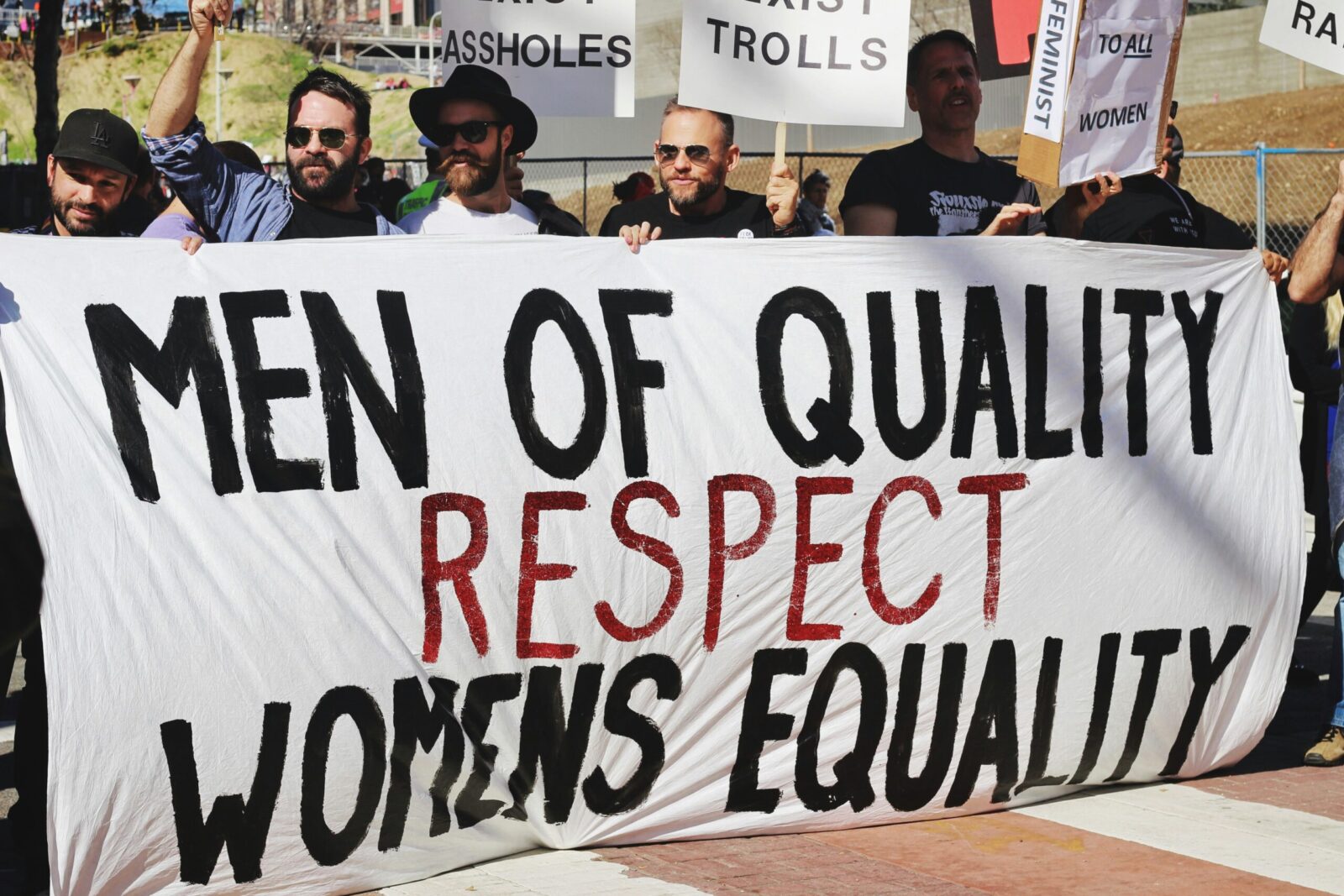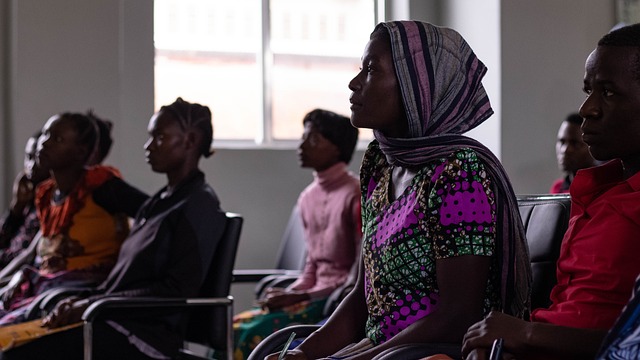Gender equality remains one of the most persistent and complex global challenges. In nearly every region, women and marginalized genders face gaps in pay, political representation, access to education, and personal safety. While progress exists, it moves unevenly and often stalls in places where the law remains silent—or actively discriminatory.
Legal systems still matter. They set the groundwork for what’s acceptable and what isn’t. A woman’s right to own property, access healthcare, or work without harassment isn’t just about social norms—it’s about laws being in place and enforced. Change happens faster now with online advocacy and global movements pushing awareness. Still, laws move slower. Drafting, debating, and passing legislation takes time, even when the demand is urgent.
The tension between grassroots acceleration and institutional drag is real. But both play a role. Advocacy sparks the conversation. The law locks in the progress. Without one, the other struggles to stick.
Across the globe, new national laws are finally chipping away at long-standing roadblocks for equity in work and life. A few countries are setting the pace, showing that policy change can be both practical and powerful.
Take Iceland. Equal pay legislation there doesn’t just ask companies to pay fairly—it requires them to prove it, or face penalties. Spain has taken a hard stance on anti-harassment by mandating workplace protocols and fast-track reporting channels. Meanwhile, countries like Canada and Germany have expanded paid parental leave, closing gender gaps in caregiving and helping more women stay in the workforce.
These aren’t just headline wins. Countries adopting bold, enforceable rules are seeing ripple effects: higher rates of workforce participation, better employee retention, and stronger public trust. It’s proof that when laws put real weight behind values, culture starts to shift with it.
The rest of the world is paying attention. In a connected economy, progress in one nation pressures others to catch up. Equal pay, safe workplaces, and family support aren’t just local policies anymore. They’re becoming global benchmarks.
Some countries wave the flag of reform but barely nudge the needle. Legal changes are announced with fanfare, but in reality, they’re more symbolic than substantive. These are the nations that prefer optics over overhaul. A new law might pass, but without enforcement or clear guidelines, it becomes just another checkbox ticked.
Dig deeper, and it’s easy to see why. Cultural values, political deadlock, and public skepticism stall momentum. In some places, even talking about regulation openly can spark backlash. Governments poised to act often hesitate when pushback grows too loud — from lobbyists, institutions, or even local influencers.
Then there’s the issue of “minimum compliance” laws. On paper, they look like progress. They technically meet international standards, but barely. These watered-down statutes create a situation where change is just enough to avoid criticism, but not enough to impact reality for creators, viewers, or platforms. It’s a workaround designed for headlines, not real progress.
International frameworks have a quiet but steady influence on national laws. They don’t act like hammers. More like drip irrigation. Conventions like CEDAW (the Convention on the Elimination of All Forms of Discrimination Against Women) aren’t binding in the way domestic laws are, but they create pressure points. Governments sign on, which signals commitment. Then watchdogs, advocacy groups, and citizens use those signatures to push for change.
CEDAW is a prime example. Countries that ratify it are expected to file regular reports on progress. The review process invites scrutiny. It creates moments where NGOs and coalitions can point out gaps between promise and practice. That tension can nudge governments into action.
Beyond one treaty, there’s a whole ecosystem at work. Global benchmarks, U.N. goals, and regional human rights bodies keep shaping national agendas. They supply language and cover for reformers. They supply tools for legal challenges. It’s slow, sure. But the pressure builds. And more often than not, it leads somewhere.
Passing a law is the easy part. Making it stick is where the work begins. For vloggers navigating copyright, licensing, disclosure, and content moderation rules, enforcement is often a guessing game. What matters isn’t just what the rules say—it’s who enforces them, how often, and with what resources.
Take funding. Agencies in charge of regulating digital platforms often run on skeleton budgets. Without enough people or tools to monitor compliance, even well-written laws go ignored. Political will also shapes how strictly rules get applied. Hot-button issues like misinformation or child safety tend to get fast-tracked, while gray areas around influencer marketing or AI usage drift in regulatory limbo.
Then come the watchdogs—both public and private. In places where media watch groups, ad standards boards, or tech-savvy nonprofits apply pressure, enforcement tends to follow. For example, in Germany, strict enforcement of disclosure laws pushed major influencers to overhaul their content labeling. Meanwhile, similar rules in other regions still go unenforced, leading to inconsistent standards.
Bottom line: for creators, knowing the law isn’t enough. You need to understand how enforcement actually plays out, where the blind spots are, and when the system is likely to crack down.
Legal change rarely leads. It follows. And more often than not, it follows a loud, persistent public push—rallies, online movements, media campaigns. In recent years, this pressure has been more coordinated, largely thanks to women-led organizations that know how to blend street-level activism with policy-level strategy.
These groups aren’t just protesting. They’re drafting bills, sitting in legislative meetings, and reshaping national conversations. From reproductive rights to economic equity, they’re pushing lawmakers to act—and holding them accountable when they don’t. Whether it’s grassroots lobbying or viral awareness campaigns, their influence is being felt in courtrooms, city halls, and across social feeds.
If you want to see how change is hitting the ground this year, dig into this list of 5 Breakthrough Initiatives Championing Women’s Rights This Year.
Even with progress in some parts of the world, major gaps remain. Access to education is still uneven, especially for girls in rural or conflict-affected areas. Political power remains heavily skewed — women are underrepresented in legislatures and leadership positions nearly everywhere. Reproductive rights are also on shaky ground, with rollbacks happening even in developed nations.
This is where data comes in. Transparent reporting, hard numbers, and public dashboards have become powerful tools. They create accountability. When people can see how their country measures up — or doesn’t — it puts pressure on policymakers to act. Vague promises don’t hold up against metrics that are clear and public.
Change isn’t only something that happens in parliaments or boardrooms. It starts with voters, viewers, and voices from everyday life. When regular people get access to the facts and speak up — at school board meetings, in comment sections, in community forums — they pull the levers of real policy change. It’s not always flashy, but it works.
Laws don’t solve every problem, but they do set the tone for what a society values. When it comes to gender equality, legal frameworks matter. They define rights, sharpen accountability, and offer tools to challenge injustice. Without laws that reflect equality, cultural progress stays stuck in neutral.
Still, policy change doesn’t happen in a vacuum. It takes pressure—sharp, smart, consistent pressure. That means informed citizens who know their rights and use their voice. It also means leaders who are willing to stop playing safe and start pushing real reform. No more half-measures.
At its core, gender equality isn’t just a legal issue. It’s a human issue. And it’s urgent. Not someday. Now. The sooner we understand that laws are just the beginning, the sooner we get to a world where fairness isn’t negotiable.




